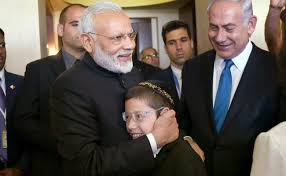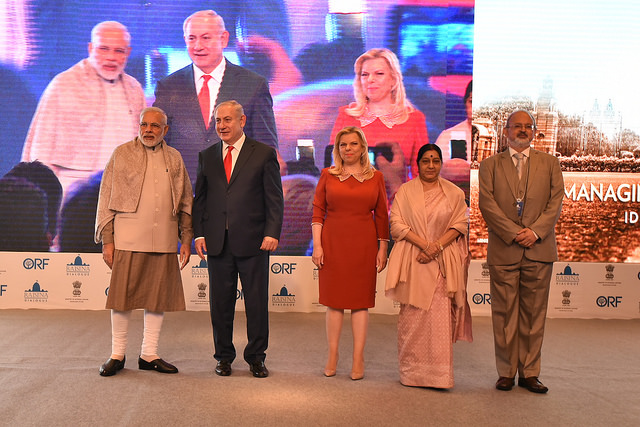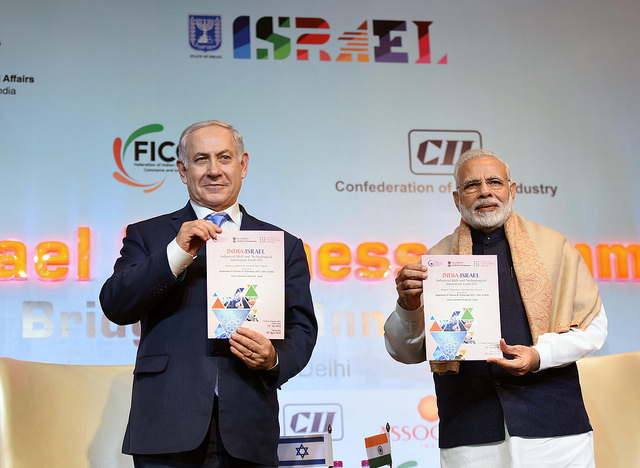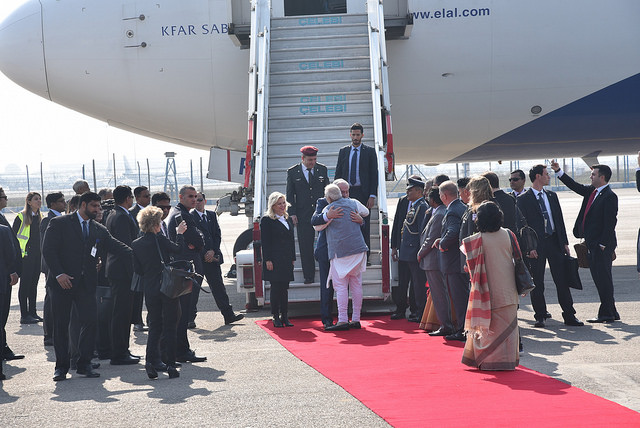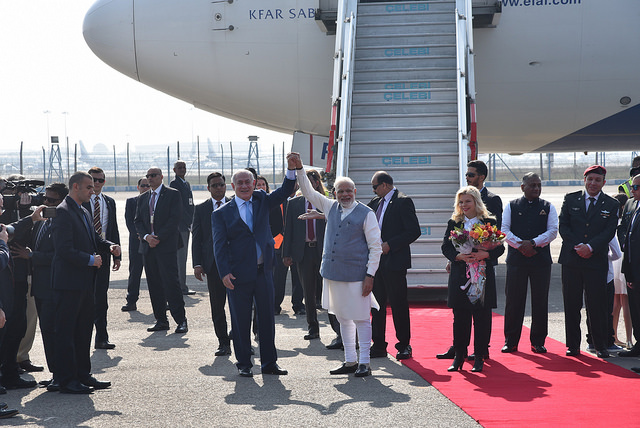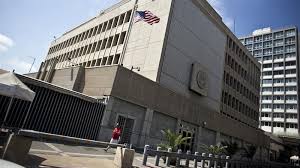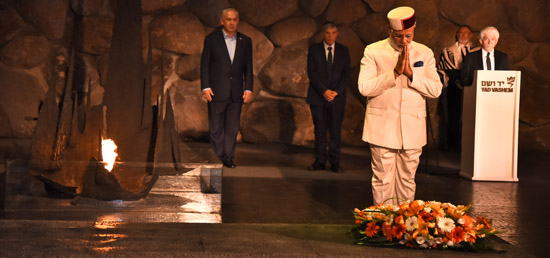More than nine years ago, when terrorists opened fire at Nariman House, it was a miraculous escape for two-year-old ‘Baby Moshe’ who was rescued by her Indian nanny Sandra Samuel. He has, since then, come to represent a story of tragedy, love and hope, marking an emotional connect between India and Israel. It was a moment of joy when the Jewish Chabad House, popularly known as Nariman House, hosted Israeli Prime Minister Benjamin Netanyahu and eleven-year-old Moshe Holtzberg for the unveiling of a state-of-the-art Living Memorial to commemorate the victims of the 26/11 Mumbai terror mayhem.
“What happened here represents the polar opposites of love and hate, the hatred perpetrated by the terrorists, but it also expressed tremendous love. The love of your parents Gabi and Rivky to you Moshe, and the love that is expressed by the Chabad House here in Mumbai and the love that is expressed by the embracing and loving attitude of the Chabad emissaries around the world which embraces and provides a loving home for every Jew around the world,” Mr Netanyahu told Moshe, who was accompanied by his paternal grandparents, Nachman Holtzberg and Frieda Holtzberg, maternal grandparents, Shimon Rosenberg and Yehudit Rosenberg, and uncle Moshe Holtzberg. His Indian nanny, who was awarded the title of ‘Righteous Gentile’ by Israel as the highest award presented to non-Jews, was also present at the occasion. Moshe, who now lives with his grandparents in the Israeli city of Afula, also read out a welcome speech for the Israeli prime minister.
Still bearing the bullet marks, Nariman House was where Moshe’s parents Rabbi Gavriel and Rivka Holtzberg lived.
Read More
